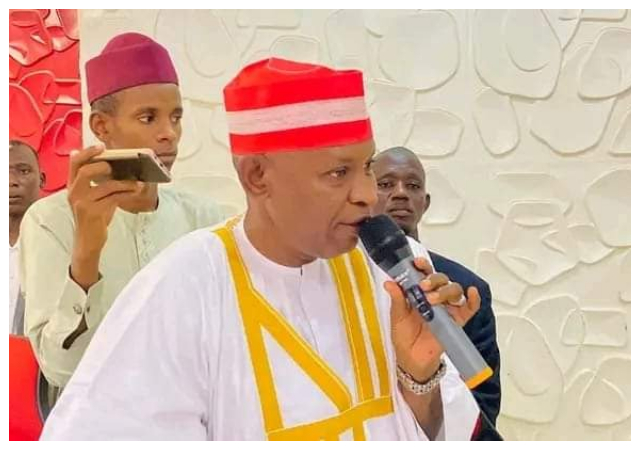
According to state Commissioner of Education Umar Haruna Doguwa, N6 billion is needed to furnish 9, 063 public primary and secondary schools in Kano State.
This was disclosed by Doguwa on Tuesday evening during a meeting with representatives of UNICEF Nigeria’s Kano Field Office, who were accompanied by Rahama Rihood Mohammad Farah.
Following the alarming state of affairs in the education sector that the current administration discovered, Governor Abba K. Yusuf, was prompted to give the Ministry of Education instructions to evaluate the state’s schools’ furniture requirements
“Finally, we discovered that there are two million kids in our schools who don’t have desks or chairs. He bemoaned, “You can see how bad the situation is!” I happened to visit Dawanau Special Primary School in Dawakin Tofa local government area during one of my inspection visits, and there were 5, 618 students seated on the floor.
In addition to a shortage of furniture, the Commissioner listed other issues that the schools are dealing with, such as a lack of resources, teachers, and extracurricular activities. All of these issues could lead to a completely collapsed educational system.
“As I went to some of the schools in person, I got overwhelmed. When I went to a school with more than 500 students, there was only one employee working as the headteacher and teacher. Any progressive society should not tolerate this.
Umar Haruna underlined that the state of Kano faces particular challenges in the field of education due to the severity of the sector’s decline and the size of the population. He emphasized the need for development partners and well-meaning citizens to assist the state government in implementing comprehensive reforms in the field.
On the other hand, the Commissioner pleaded with development partners to prevent duplication of efforts, confront pressing issues in a methodical manner, and match state government priorities in education.
Leave a Reply